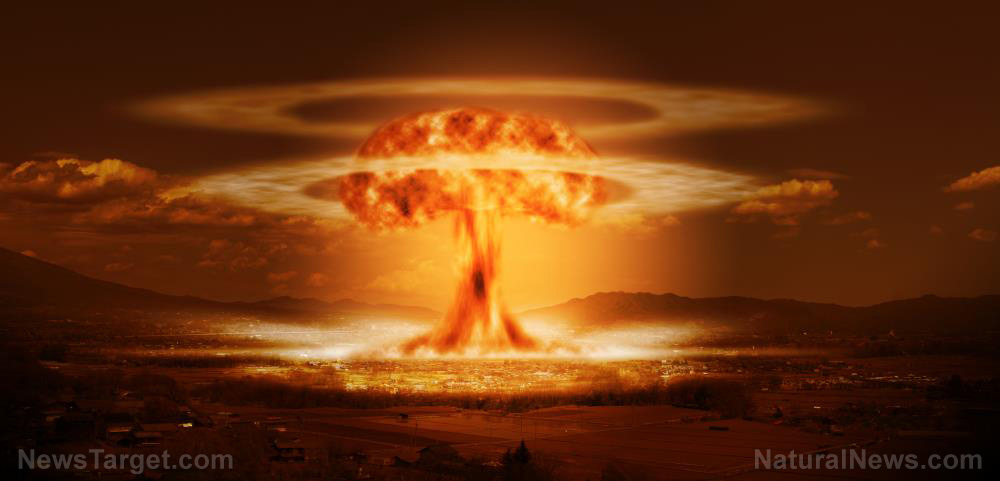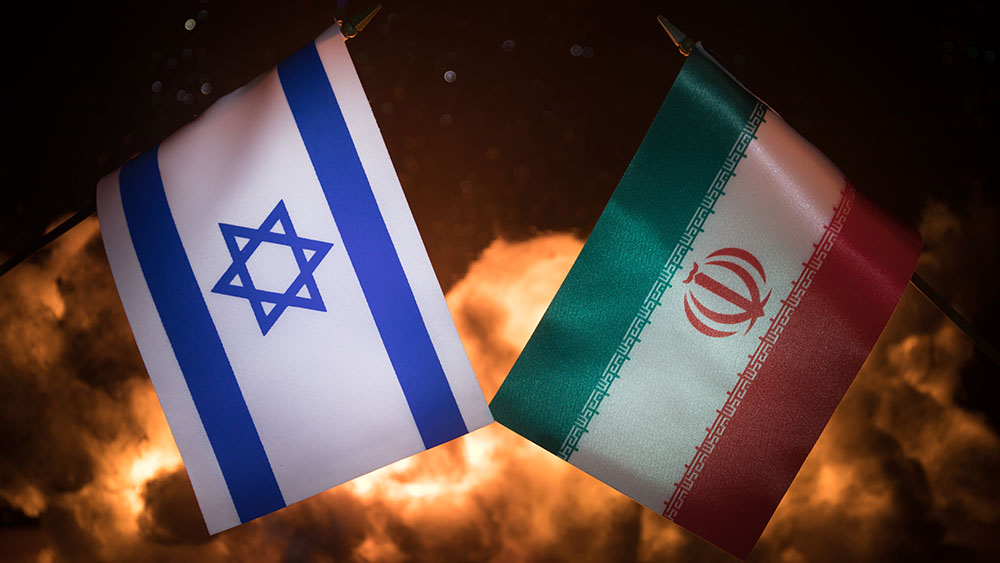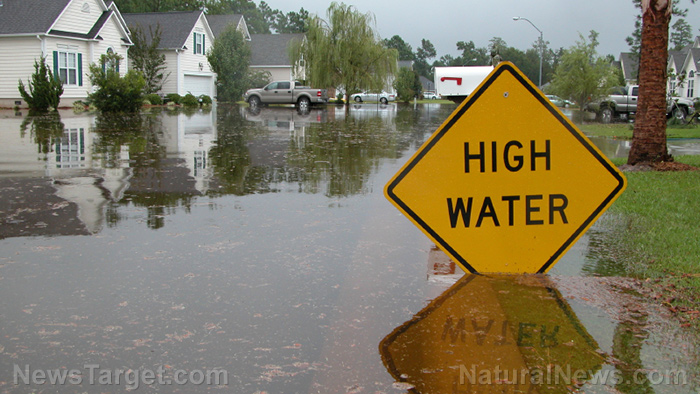 Parler
Parler Gab
Gab
- Iran has cut ties with the IAEA, expelling inspectors and turning off surveillance cameras, escalating tensions with the West following accusations of a "biased report."
- Iran's Guardian Council approved a bill halting IAEA inspections, shielding its nuclear program after uranium enrichment neared weapons-grade levels.
- Iran accused the IAEA of aiding Israeli attacks by leaking data, while IAEA chief Rafael Grossi denied claims, calling them baseless.
- Recent U.S. and Israeli airstrikes targeted Iran’s nuclear sites, with conflicting reports on damage and Iran’s ability to quickly restart production.
- The standoff risks further sanctions or military action as Iran defies international oversight, pushing the world closer to a potential nuclear crisis.
Iran isolates itself from global oversight
The Guardian Council, Iran’s constitutional oversight body, recently greenlit a bill halting all IAEA inspections, effectively shielding its nuclear program from transparency. Earlier this month, the agency declared Iran in violation of non-proliferation obligations for the first time in two decades after detecting uranium enriched to 60%, which is dangerously close to weapons-grade levels. Iranian Foreign Ministry spokesman Esmaeil Baqaei lashed out at the IAEA, claiming its report “obscured the truth” and was “instrumentalized… to craft a resolution” used to justify Israel’s “unlawful attack.” State media further alleged that the agency leaked “sensitive facility data” to Israel in a charge that IAEA chief Rafael Grossi dismissed as baseless during a CNN interview, stating the report “could hardly be a basis for military action.” Yet Tehran remains defiant. Vice Speaker Hamid Reza Haji Babaei announced IAEA personnel, including Grossi, are now barred from nuclear sites, while surveillance systems will be disabled in an alarming reversal of prior commitments.Strikes and counterstrikes
The escalating showdown follows coordinated U.S. and Israeli airstrikes in late June targeting Iran’s nuclear infrastructure, including the heavily fortified Fordow and Natanz enrichment plants. Washington claimed the strikes dealt “total obliteration” to Iran’s nuclear capabilities, while Tehran admits only to “serious damage.” Defense Secretary Pete Hegseth hailed the operation as a big success, but IAEA assessments suggest the program could rebound within months. President Donald Trump, in characteristic bluntness, warned Iran must allow inspections while taunting Supreme Leader Ayatollah Ali Khamenei: “You got beat to hell.” Iran’s foreign minister, Abbas Araghchi, shot back that U.S. aggression has “complicated” potential negotiations, though he left the door open for future talks. Behind the rhetoric, skepticism lingers. Israeli intelligence suggests Iran preemptively relocated stockpiles of highly enriched uranium before the strikes, while Grossi confirmed Fordow’s centrifuges are “no longer operational”, yet Tehran retains the capacity to restart production swiftly. The conflicting narratives underscore the high-stakes uncertainty surrounding Iran’s nuclear status. The IAEA’s diminished access raises urgent proliferation concerns. If Iran continues stonewalling inspections, the agency’s Board of Governors may escalate the issue to the UN Security Council, potentially triggering renewed sanctions or further military action. Meanwhile, Trump has vowed to strike again if Iran rebuilds its nuclear infrastructure in a warning that Tehran seems intent on testing. For now, Iran insists its nuclear ambitions remain peaceful, dismissing Western “war propaganda.” But its actions—expelling inspectors, advancing enrichment, and flouting international law—paint a far darker picture. With neither side backing down, the world edges closer to a crisis that could redefine global security. Sources for this article include: RT.com Newsweek.com APNews.com CNN.comYemen’s Houthis sink cargo ship, kill mariners in renewed Red Sea assault
By Cassie B. // Share
Iran rapidly rebuilds air defenses with Chinese missiles after Israel conflict
By Cassie B. // Share
Pezeshkian: Israel-Iran conflict a product of Netanyahu’s “devilish machinations”
By Ramon Tomey // Share
Devastation in Central Texas: Camp Mystic tragedy unfolds amid flash floods
By Belle Carter // Share
Governments continue to obscure COVID-19 vaccine data amid rising concerns over excess deaths
By patricklewis // Share
Tech giant Microsoft backs EXTINCTION with its support of carbon capture programs
By ramontomeydw // Share
Germany to resume arms exports to Israel despite repeated ceasefire violations
By isabelle // Share










